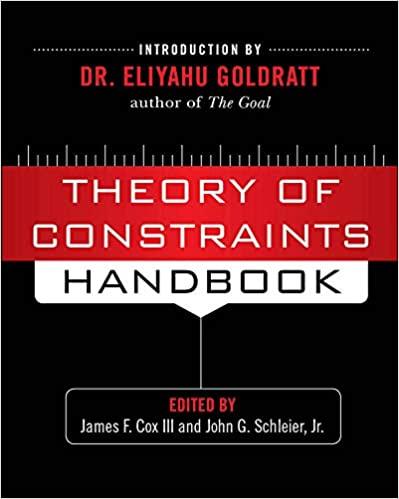Question
1) You have just deposited X dollars in your bank account that pays interest of 22 percent p.a. You discover that at the end of
1) You have just deposited X dollars in your bank account that pays interest of 22 percent p.a. You discover that at the end of one year you have $ 1,542 in the account. What was X, that is, the amount of money that you deposited today? (Record your answer without a dollar sign, without commas and round your answer to 2 decimal places; that is, record $3,245.847 as 3245.85)
2.) You want to withdraw $ 58,458 from your account at the end of one year and $ 22,971 at the end of the second year. How much should you deposit in your account today so that you can make these withdrawals? Your account pays 14 percent p.a. (Record your answer without a dollar sign, without commas and round your answer to 2 decimal places; that is, record $3,245.847 as 3245.85).
3.) You deposit $ 7,797 in your account today. You make another deposit at t = 1 of $ 7,472 . How much will there be in your account at the end of year 1 if the interest rate is 7.6 percent p.a.? (Record your answer without a dollar sign, without commas and round your answer to 2 decimal places; that is, record $3,245.847 as 3245.85). You deposit $ 84,418 in your account today. You make another deposit at t = 1 of $ 74,815 . How much will there be in your account at the end of year 2 if the interest rate is 15 percent p.a.? (Record your answer without a dollar sign, without commas and round your answer to 2 decimal places; that is, record $3,245.847 as 3245.85).
Your account pays interest at 9 percent p.a.. You deposit $ 18,752 in it today. You must have exactly $ 84,051 in the account at the end of two years. What should you do at the end of the first year (that is, what dollar amount must you deposit) to ensure this? (Record your answer without a dollar sign, without commas and round your answer to 2 decimal places; that is, record $3,245.847 as 3245.85).
You invest $ 4,664 in an account today. You make no additional deposits into the account. One year from today there is $ 5,160 in the account. What is the nominal interest rate that you earned on your money? (Record your answer as a percent rounded to 1 decimal place; for example, record .527945 = 52.8% as 52.8).
Assume Bill Jones invested $ 4,773.72 into an account exactly one year ago. The account has an interest rate of 9.7 % p.a. How much does Bill have in his account today (that is, exactly one year after the initial deposit)? (Round your answer to the nearest cent and record your answer without a dollar sign and without commas. For example, record $1,356.8382 as 1356.84).
Assume Sheryl Jenkins wants to accumulate $ 13,634.10 in two years. She currently has $ 10,330.70 to invest. What interest rate must she earn on her investment (that is, if she deposits $ 10,330.70 today) to have $ 13,634.10 exactly two years from today?(Record your answer as a percent rounded to 1 decimal place; for example, record .527945 = 52.8% as 52.8).
Assume Jed Gerbil invested $ 11,896 into an account exactly two years ago. The account has an interest rate of 8.5 % p.a. How much does Jed have in his account today (that is, exactly two years after the initial deposit)? (Round your answer to the nearest cent and record your answer without a dollar sign and without commas. For example, record $1,356.8382 as 1356.84).
Step by Step Solution
There are 3 Steps involved in it
Step: 1

Get Instant Access to Expert-Tailored Solutions
See step-by-step solutions with expert insights and AI powered tools for academic success
Step: 2

Step: 3

Ace Your Homework with AI
Get the answers you need in no time with our AI-driven, step-by-step assistance
Get Started


